Public health is a field that focuses on promoting and protecting the health of communities through disease prevention, health promotion, and injury prevention. It plays a crucial role in improving the overall well-being of individuals within a society. Pakistan faces unique challenges due to various factors such as infectious diseases, health disparities, environmental issues, and policy gaps. However, there are also opportunities for growth and development that can shape the future direction of public health initiatives in the country.
Infectious Diseases in Pakistan
Pakistan has been grappling with a high burden of infectious diseases for decades. Communicable diseases like tuberculosis, malaria, dengue fever, and hepatitis B and C are prevalent throughout the country. The challenges in controlling these infectious diseases include limited resources, insufficient healthcare infrastructure, lack of awareness among the population about preventive measures, and inadequate research funding. However, research plays a pivotal role in understanding these diseases better and finding effective interventions to combat them. Collaborative efforts between government agencies, non-profit organizations, researchers, and international partners are essential to tackle this major issue.

Health Disparities and Equity
Health disparities refer to inequalities in access to healthcare services or disease outcomes based on socioeconomic factors such as income level or education. In Pakistan too, certain groups face significant disparities when it comes to access to quality healthcare services. Factors contributing to these disparities include poverty rates leading to poor nutrition and living conditions; limited access to education; gender inequality; and lack of healthcare facilities, particularly in rural areas. Achieving equity requires addressing these underlying socioeconomic determinants while implementing strategies that ensure equal access to healthcare services for all populations.

Public Health and Environmental Health
Environmental factors have a direct impact on public health outcomes. In Pakistan’s urban areas especially those with high levels of pollution or contaminated water sources contribute significantly towards morbidity and mortality rates. It has a crucial role in addressing environmental challenges, which can include air pollution, water and sanitation issues, climate change effects, and occupational hazards. Collaborative initiatives involving various stakeholders like government agencies, NGOs, communities, and international partners are essential to effectively address these environmental health issues.

Health Policy and Public Health
Health policies play a vital role in shaping public health outcomes. In Pakistan, there is a need for evidence-based policies that prioritize disease prevention and health promotion. Research plays a key role in informing policy decisions by providing valuable insights into healthcare needs, effective interventions, and resource allocation strategies. Advocacy for evidence-based decision-making should be prioritized to ensure that initiatives are implemented effectively. Policy changes can create significant opportunities for improving public health in Pakistan by addressing the root causes of current challenges.
Hospital Management and Public Health
In the larger framework of global Health, hospitals have an essential role to play as healthcare institutions. Hospital management plays a critical role in improving patient outcomes by ensuring quality care delivery systems through proper resource utilization and infection control measures. Concurrently, healthcare managers act as catalysts between hospital administrators, medical staff, and patients’ families/caregivers thereby facilitating optimal coordination within the healthcare system.
Future Directions and Opportunities
As we look toward the future of public health in Pakistan, several areas hold great potential for growth:
- Integration of emerging technologies: Using innovative technologies such as mobile applications for disease surveillance or telemedicine platforms can revolutionize healthcare delivery.
- Strengthening community engagement: Engaging communities actively in public health initiatives fosters ownership while also making interventions more effective as they cater to local needs.
- Building robust research capacity: Investing in research infrastructure ensures access to quality data informing evidence-based decision-making.
- Improving data collection systems: Enhancing surveillance mechanisms will aid accurate disease tracking enabling prompt response during disease outbreaks.
In conclusion, Pakistan faces numerous challenges. However, by addressing the current issues and seizing opportunities for growth and development, achieving a healthier and more equitable future is possible. Collaboration among stakeholders from various sectors, including government agencies, philanthropic organizations, researchers, and communities will be key in driving sustainable change for better public health outcomes.




